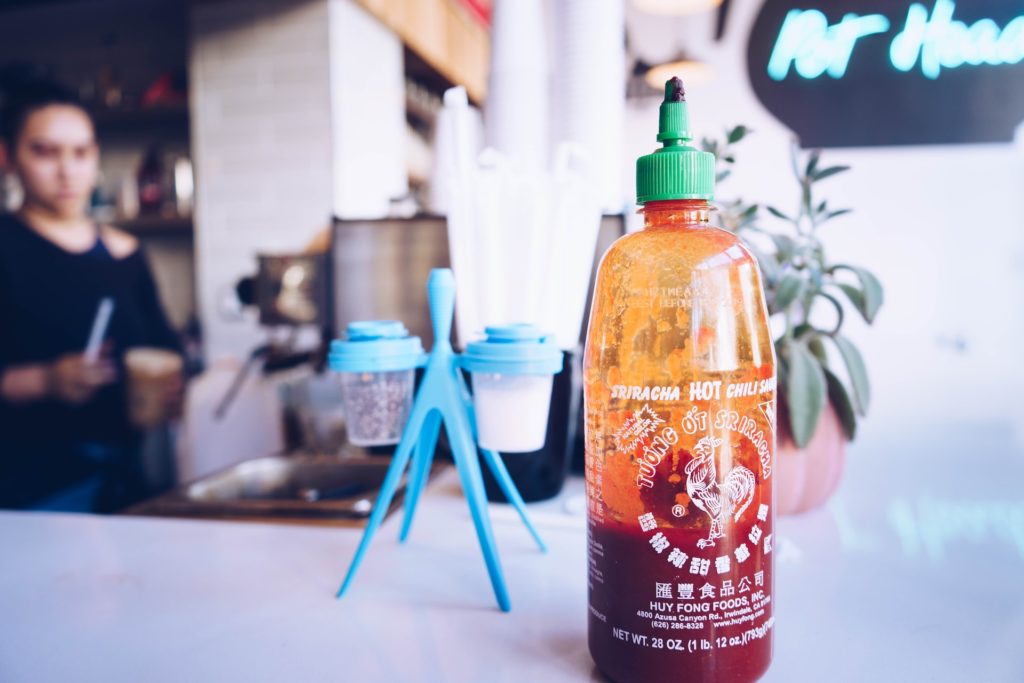Are you wondering if it’s safe to store sauces in the fridge? It’s a valid question, as many of us keep sauces on hand for quick meals and snacks. But should we be storing them in the refrigerator or should they remain at room temperature? In this article, we’ll look at the pros and cons of keeping sauces in the refrigerator, including its effects on shelf life, taste, and health considerations. We’ll also provide tips for storing sauces correctly so they last longer and retain their flavor. So let’s dive into all things sauce storage!
What Are Sauces?
Before we get into should you keep sauce in the fridge, let’s quickly define sauces. Sauces are condiments used to enhance the flavor of a dish or meal. The most popular sauces include ketchup, BBQ sauce, hot sauce, and mayonnaise but there are many other types of sauces that can be made from a variety of ingredients such as herbs, spices, vegetables, fruits, oils and vinegar’s.
Popular Sauce Manufacturers
When it comes to should you keep sauce in the fridge, there are a few major brands that should be taken into consideration. Heinz is one of the most popular ketchup producers and they recommend storing their products in the refrigerator after opening. Other popular sauce makers such as Sir Kensington recommend storing opened sauces at room temperature.
Should You Keep Sauce in the Fridge?
Now that we’ve defined sauces, let’s tackle the question should you keep sauce in the fridge? The answer to this is a bit nuanced as it depends on the type of sauce and how long you plan to store it. Generally speaking, sauces with high levels of vinegar or acidic fruits should be stored in the refrigerator, while others can remain at room temperature. Let’s take a look at some of the pros and cons of storing sauces in the fridge.
Pros of storing sauce in the fridge:
– Helps extend shelf life: Refrigeration slows down bacterial growth which helps prolong a sauce’s shelf life.
– Enhances flavor: Many sauces taste better when they are cold so keeping them in the refrigerator enhances their flavor.
– Fresher taste: Keeping sauces in the refrigerator will help them stay fresh and give them a more vibrant flavor.
– Prevents foodborne illnesses: Refrigeration helps protect against bacterial growth which can lead to foodborne illnesses.
Cons of storing sauce in the fridge:
– Texture change: Many sauces can become thicker or grainier when kept cold, which can alter the texture and consistency.
– Difficult to spread: Cold temperatures make it difficult for some sauces to be easily spread on dishes or foods.
Tips For Storing Sauces Correctly
So should you keep sauce in the fridge? The answer depends on what type of sauce and how long you plan to store it. Here are some tips for storing sauces correctly to ensure they last as long as possible and retain their flavor:
– Refrigerate high-acid sauces such as ketchup, hot sauce, mustard, and BBQ sauce after opening.
– Store low-acid sauces such as mayonnaise, Worcestershire sauce, and teriyaki sauce at room temperature.
– Check the label for storage instructions from the manufacturer.
– Keep all opened sauces in airtight containers or jars with tight lids to help maintain freshness.
– Discard any sauces that have been stored beyond the expiration date or that show signs of spoilage (e.g., unusual odor or discoloration).
Some Brands Recommend Not Storing Their Sauces In The Fridge
While refrigeration is generally recommended for sauces, some sauce manufacturers such as Heinz and Sir Kensington recommend against it which is quite controversial. For example, Heinz states that their ketchup should not be stored in the refrigerator after opening because it can affect the taste and texture of the product. Similarly, Sir Kensington recommends storing their mayonnaise at room temperature to ensure a creamy texture.
Final Thoughts
When it comes to should you keep sauce in the fridge, there is no one-size-fits-all answer. It depends on the type of sauce and how long you plan to store it. Refrigeration helps extend shelf life and prevent food-borne illnesses but can also alter texture or flavor. So make sure to read labels for storage instructions and discard any sauces that have been stored beyond their expiration date. Finally, don’t forget to store all opened sauces in airtight containers or jars with tight lids to help maintain freshness regardless of in the fridge or not.
By following these tips, you should be able to enjoy your favorite sauces for longer while still keeping them safe and fresh!

